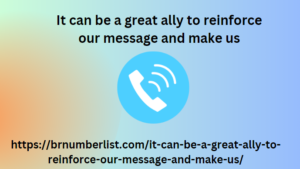Facebook, founded by Mark Zuckerberg and his college roommates in 2004, has transformed from a simple social networking site to a global powerhouse influencing how we connect, communicate, and even view the world. What began as a platform for college students to connect online has evolved into a multifaceted entity that shapes social interactions, business dynamics, and even political landscapes worldwide.
The Rise of a Social Giant
Facebook’s journey began in a Harvard dorm room but quickly expanded beyond the confines of campus life. By 2006, it opened its doors to anyone over the age of 13 with a valid email address, marking the start of its global reach. The platform’s intuitive interface and the ability to easily share updates, photos, and messages fueled its rapid growth. Within a few years, Facebook became synonymous with social networking, surpassing MySpace and other competitors to dominate the market.
The Impact on Social Interaction
Facebook revolutionized how people interact online. It It can be a great ally to reinforce our message and make us allowed users to maintain connections with friends and family regardless of geographical boundaries. The introduction of features like News Feed, Timeline, and Groups further personalized user experience, making Facebook not just a platform for socializing but a virtual community where users could share their lives, interests, and opinions.
Beyond Social Networking: Diversification and Expansion
As Facebook grew, so did its ambitions. It acquired What is an Email Validation Checker? Instagram in 2012 and WhatsApp in 2014, expanding its influence beyond the core platform. These acquisitions not only increased Facebook’s user base but also diversified its offerings, tapping into the growing popularity of visual content and messaging apps.
Challenges and Controversies
However, Facebook’s journey hasn’t been without challenges. Privacy concerns, data breaches, and allegations of misinformation and political manipulation have plagued the platform. Critics argue that Facebook’s algorithms amplify echo chambers and contribute to polarization by prioritizing engaging content over factual accuracy.
Facebook in the Modern Era
Today, Facebook continues to evolve. It has become a platform not only for personal connections but also for businesses to reach their target audiences through targeted advertising and e-commerce features. The introduction of Facebook Marketplace and Shops has turned the platform into a digital marketplace where users can buy and sell goods directly.
Conclusion
In conclusion, Facebook’s impact on society cannot be overstated. What started as a college project has grown into a global phenomenon that shapes how billions of people communicate, consume information, and conduct business. Despite its challenges, Facebook remains a dominant force in the digital landscape, continually adapting and innovating to maintain its relevance in an ever-changing world.
